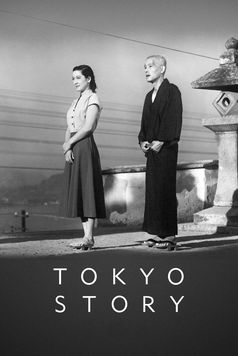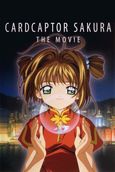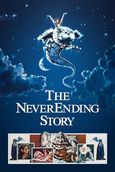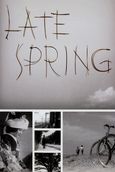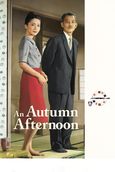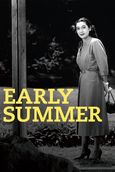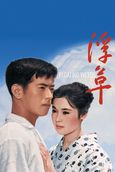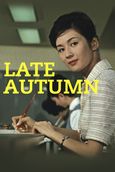
Tokyo Story
As long as life goes on, relationships between parents and children will bring boundless joy and endless grief.
As long as life goes on, relationships between parents and children w...
Drama
-
1953
Add to Watchlist
Add to Seenlist
Add to Blacklist
Add to or remove from a custom list
The elderly Shukishi and his wife, Tomi, take the long journey from their small seaside village to visit their adult children in Tokyo. Their elder son, Koichi, a doctor, and their daughter, Shige, a hairdresser, don't have much time to spend with their aged parents, and so it falls to Noriko, the widow of their younger son who was killed in the war, to keep her in-laws company.
Director:
Cast:
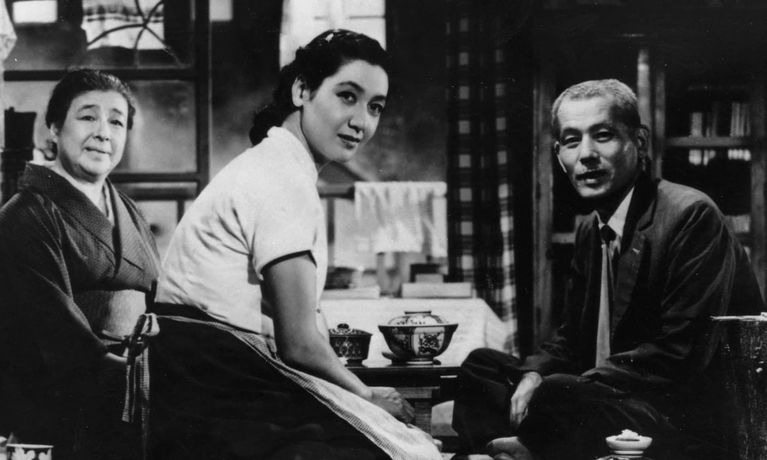
Similar
Same Director
Details
Rated:
Not Rated
Runtime:
137 min
Release date:
3 Nov 1953
Country:
JP
Languages:
English, Japanese
Budget:
$0
Revenue:
$0
Awards:
3 wins
Top Critics Reviews
fresh:
It ennobles the cinema. It says, yes, a movie can help us make small steps against our imperfections.
– Roger Ebert,
Chicago Sun-Times,
15 Jan 2004
fresh:
Ozu doesn't sentimentalize or condemn; he merely observes human nature with calm and clarity.
– Colin Covert,
Minneapolis Star Tribune,
30 Dec 2004
fresh:
The way Ozu builds up emotional empathy for a sense of disappointment in its various characters is where his mastery lies.
– Geoff Andrew,
Time Out,
9 Feb 2006
fresh:
This remains one of the most approachable and moving of all cinema's masterpieces.
– Wally Hammond,
Time Out,
5 Jan 2010
fresh:
Ozu's long shots, knee-high camera placement, and collapsed perspective -- as gorgeous and unsettling as a Cezanne -- gather power over the duration, but time itself is the master's most potent weapon.
– Eric Hynes,
Village Voice,
23 Nov 2010
